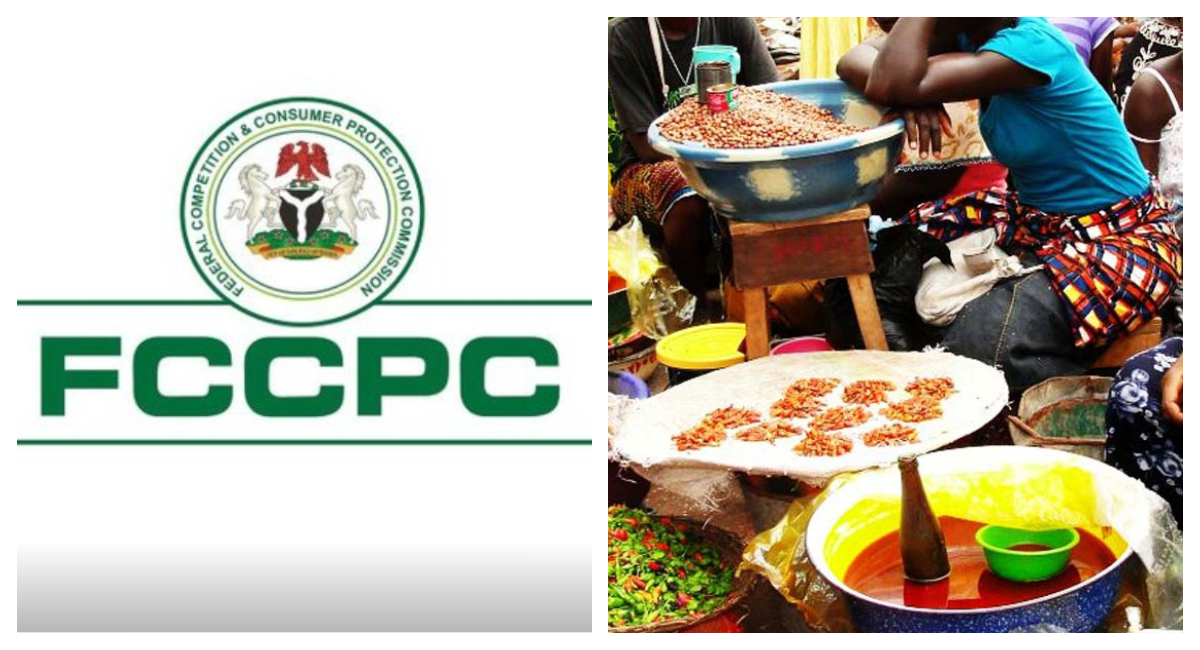Nigeria’s Federal Competition and Consumer Protection Commission, FCCPC, has issued a 30-day ultimatum to traders, effective September 2024, to significantly reduce the prices of goods and commodities.
Traders have until the end of the month to comply with the directive and make necessary adjustments to their pricing structures.
This ultimatum was announced by FCCPC Vice Chairman, Tunji Bello, during a stakeholders’ meeting in Abuja on Thursday, where he highlighted cases of price exploitation by Nigerian traders.
Read Also: EndBadGovernance Protesters Prevail as Court Dismisses Lawsuit
Bello cited a striking example of a supermarket in Victoria Island, Lagos, which inflated the price of a Fruit Blender (Ninja) by 500% – from N140,000 (its price in Texas, USA) to N944,999.00.
He emphasized that such unwholesome practices, including price fixing and gouging, pose a significant threat to economic stability.
Consequently, the Commission will commence enforcement actions after the September 2024 deadline, ensuring traders adhere to fair pricing structures and protect consumer interests.”
He said: “Under Section 155, violators, whether individuals or corporate entities, face severe penalties, including substantial fines and imprisonment if found guilty by the court.
”This is intended to deter all parties involved in such illicit activities. However, our approach today is not punitive. I, therefore, call on all stakeholders to embrace the spirit of patriotism and cooperation.
”It is in this spirit that we are giving a moratorium of one month (September) before the commission will start firm enforcement.”
Traders attending the meeting attributed the surge in prices to various factors, including high importation costs, transportation expenses, and other variables.
Ifeanyi Okonkwo, Chairman of the National Association of Nigerian Traders, FCT Chapter, specifically mentioned that charges imposed on imported goods at the Ports also play a significant role in driving up prices.
He appealed to the Commission to establish a task force and collaborate with the association in enforcing price regulations.
This development comes as Nigerians struggle with the escalating cost of living, with headline inflation and food inflation rates reaching 33.40% and 39.53% in July, respectively.
The traders’ pleas for understanding and collaboration underscore the complex interplay of factors contributing to the rising cost of goods and services in the country.
